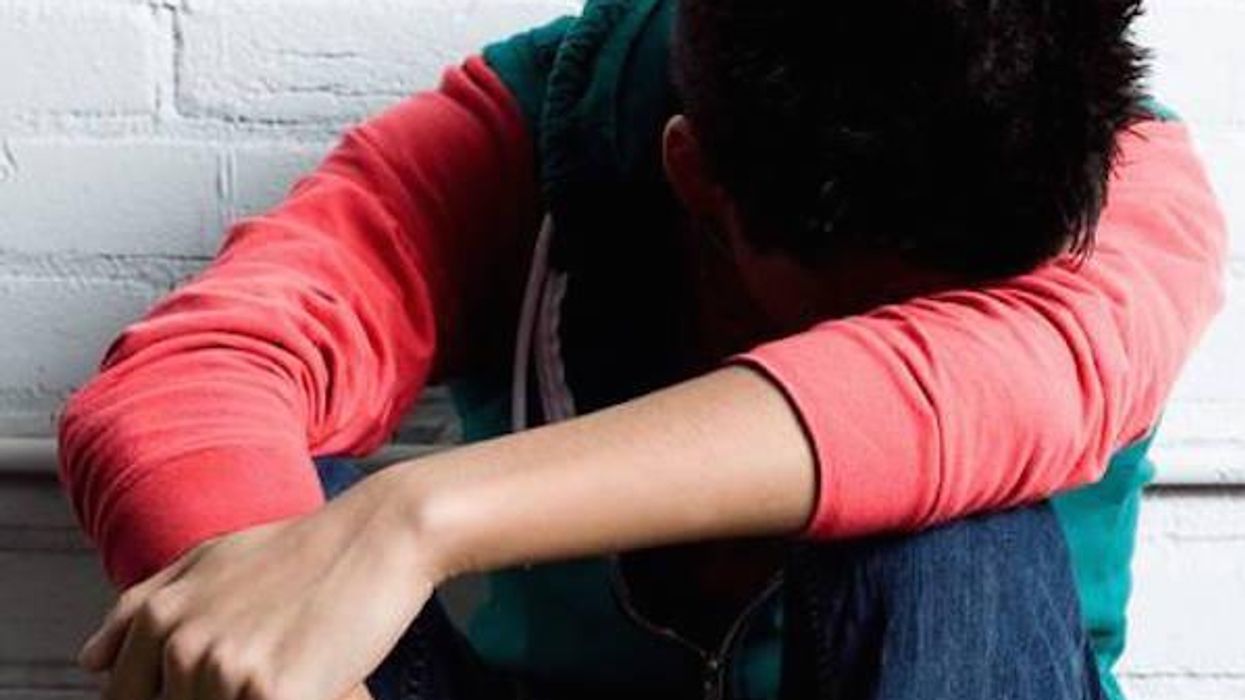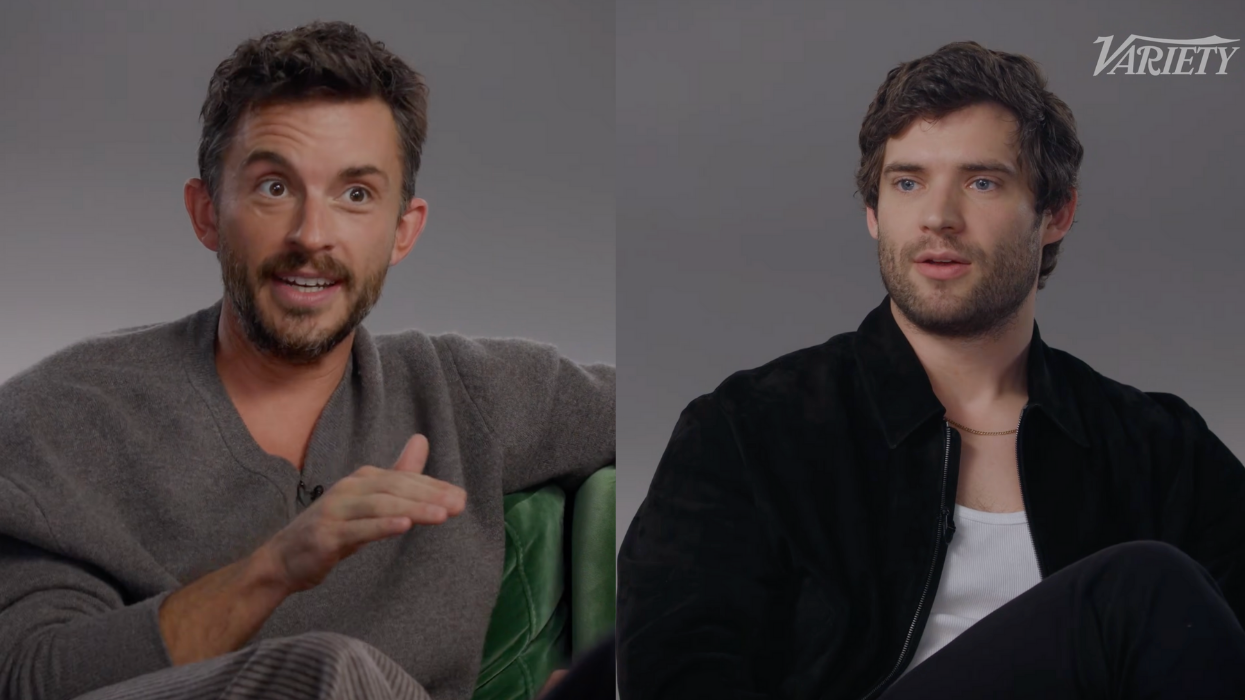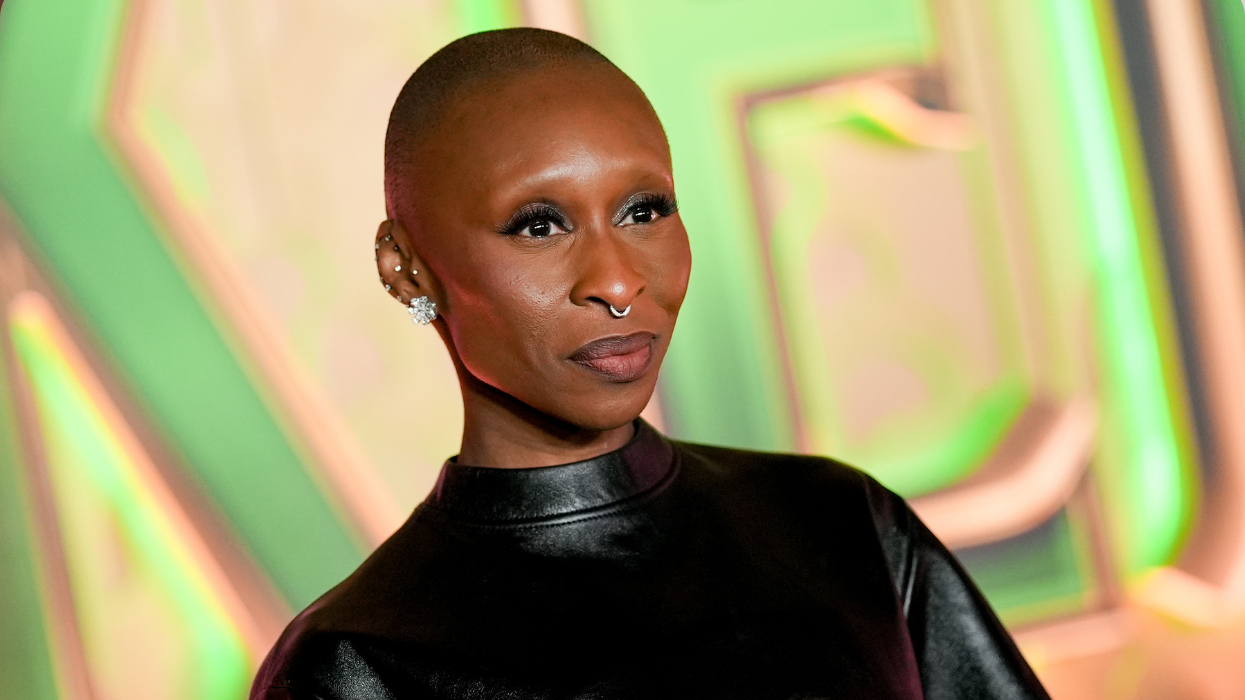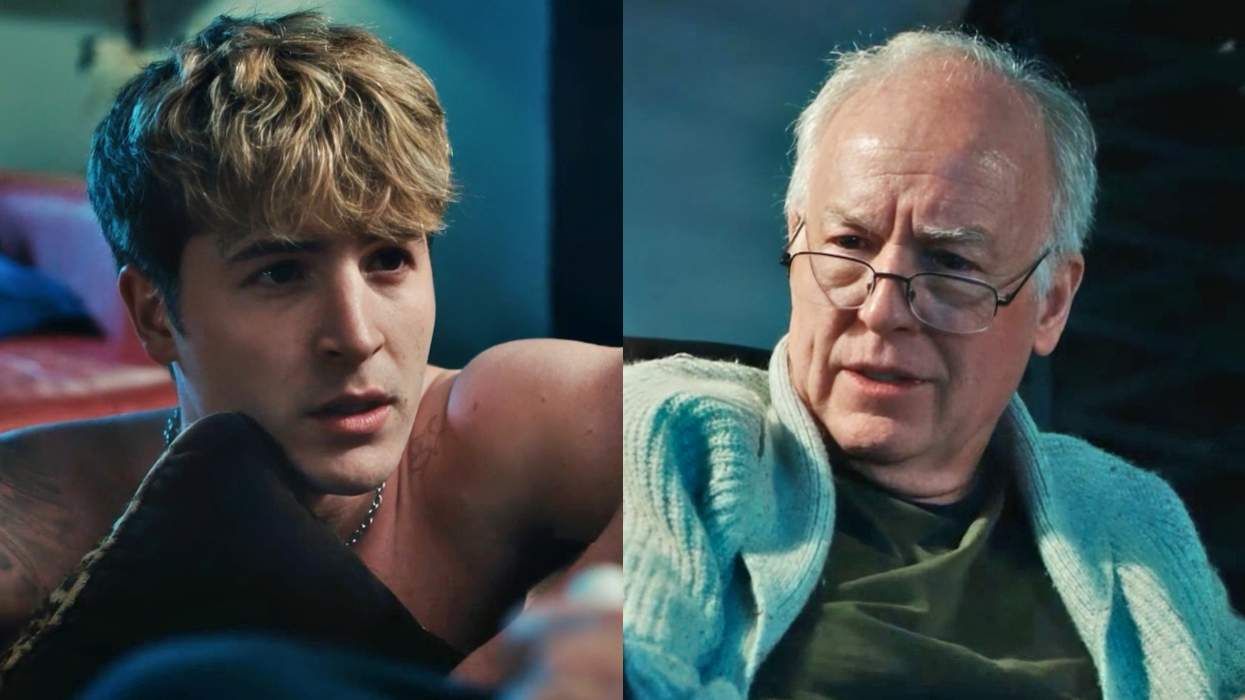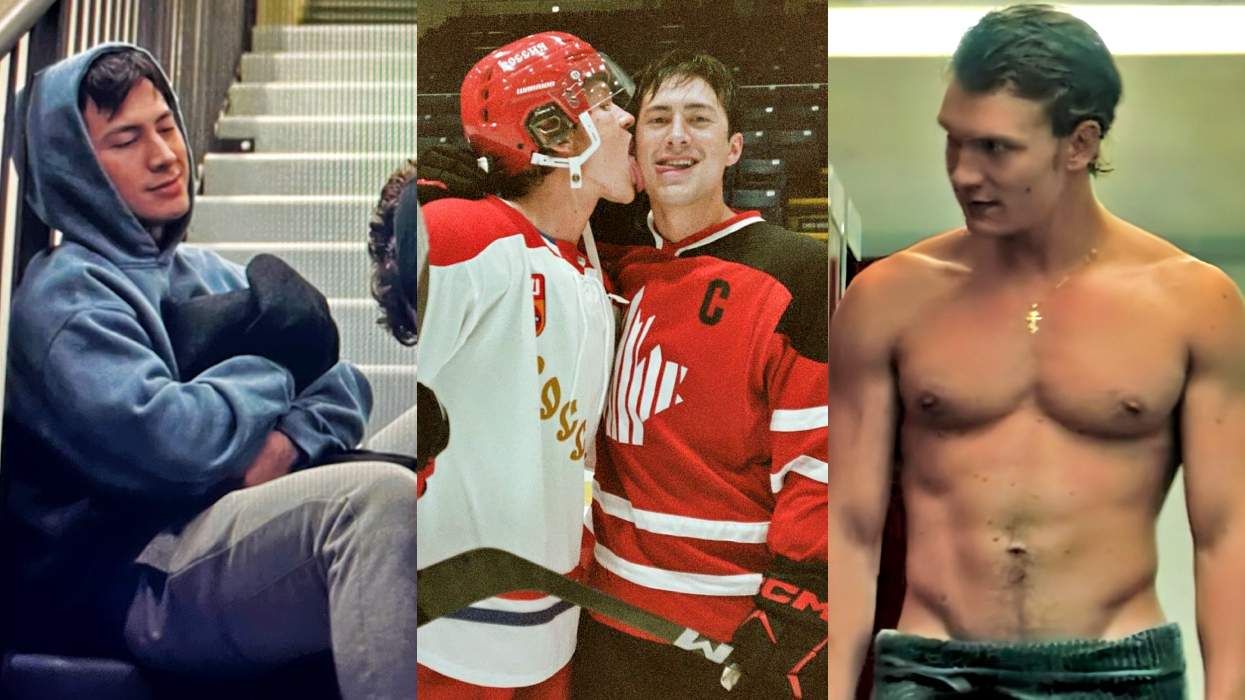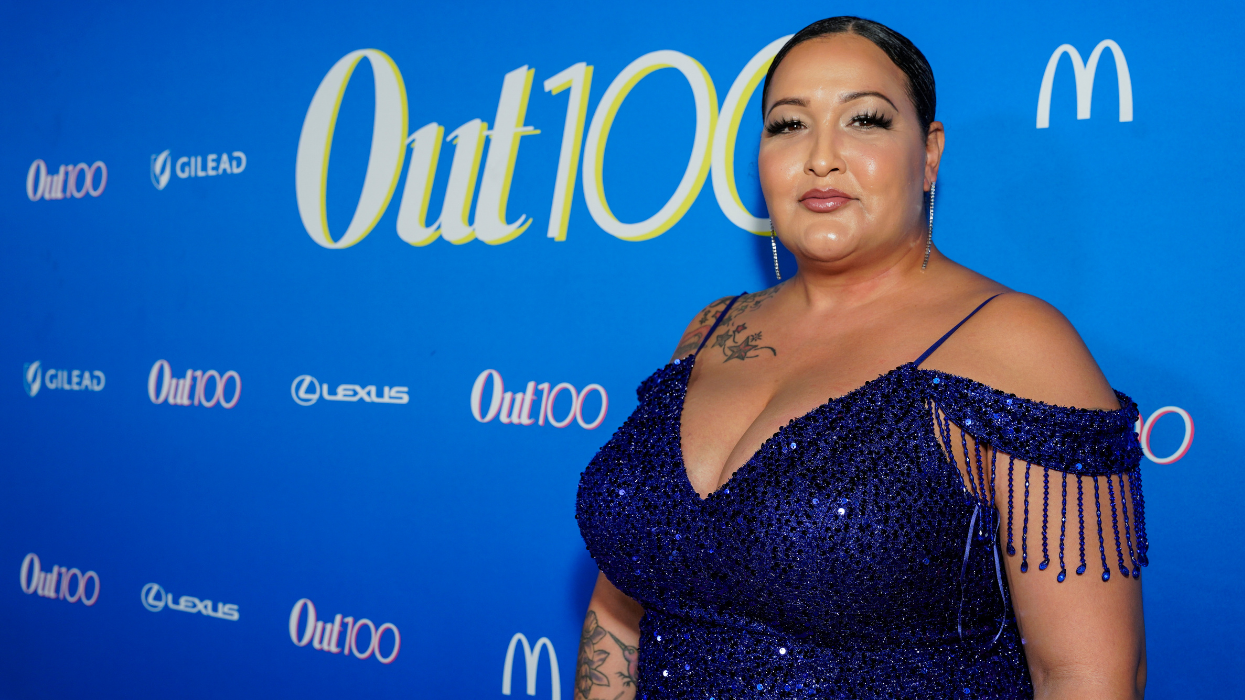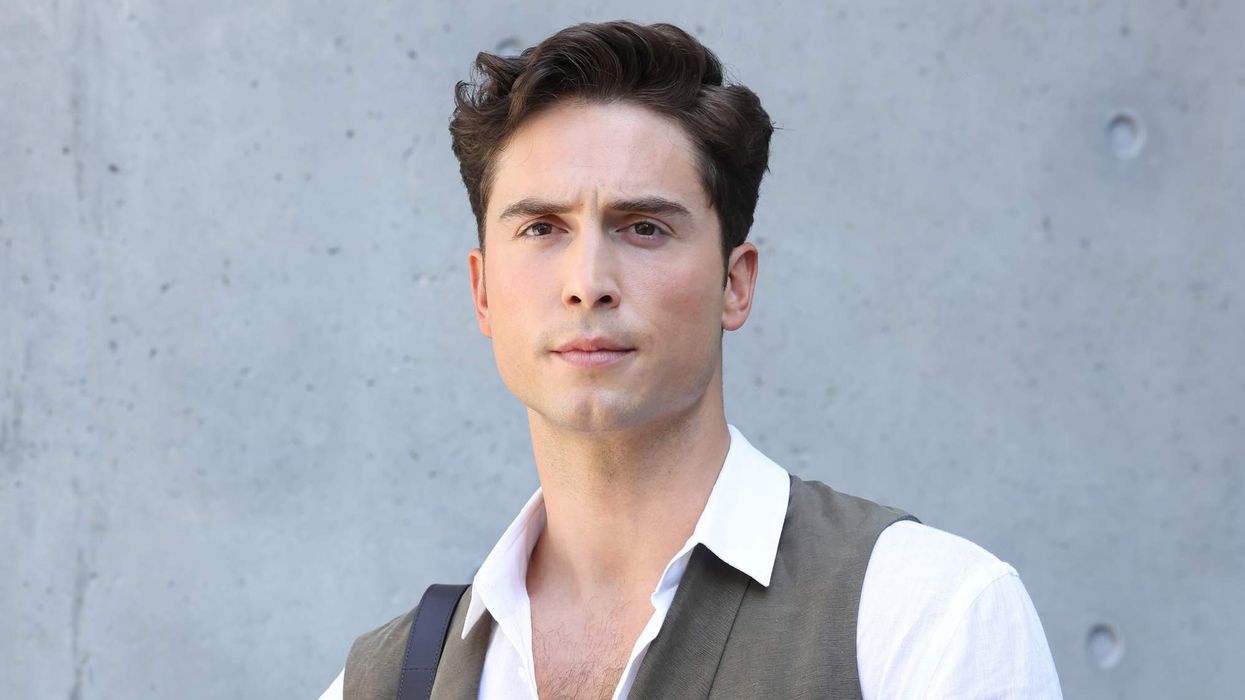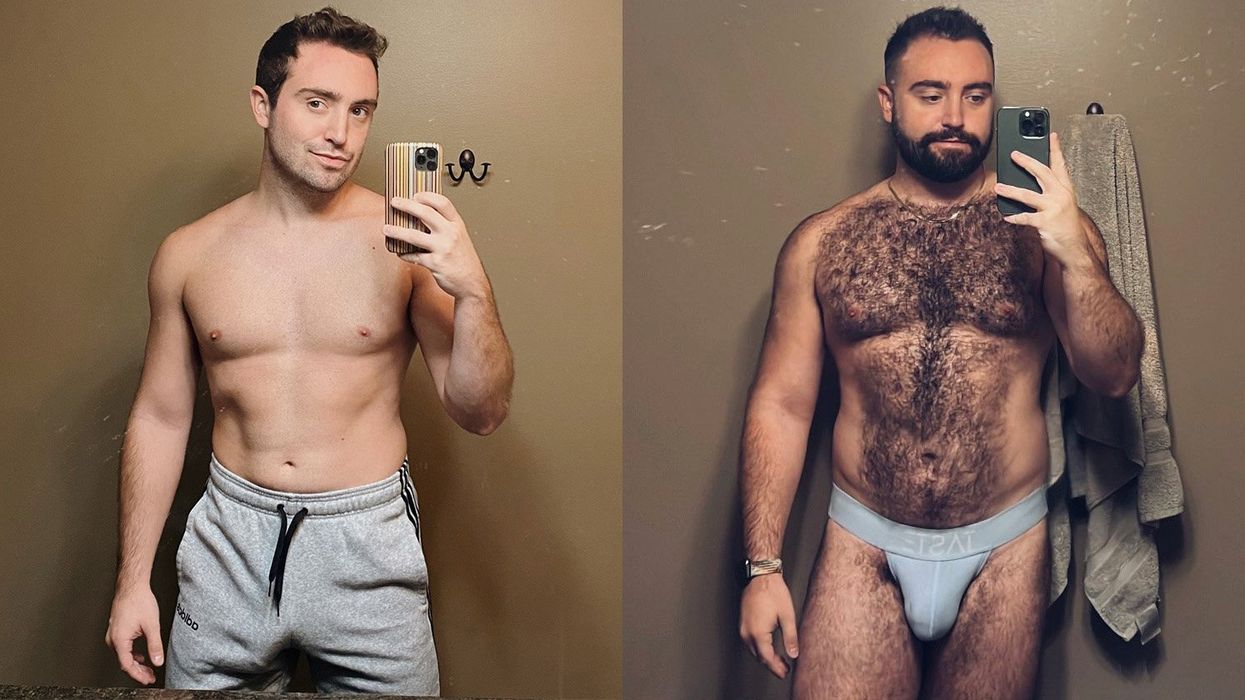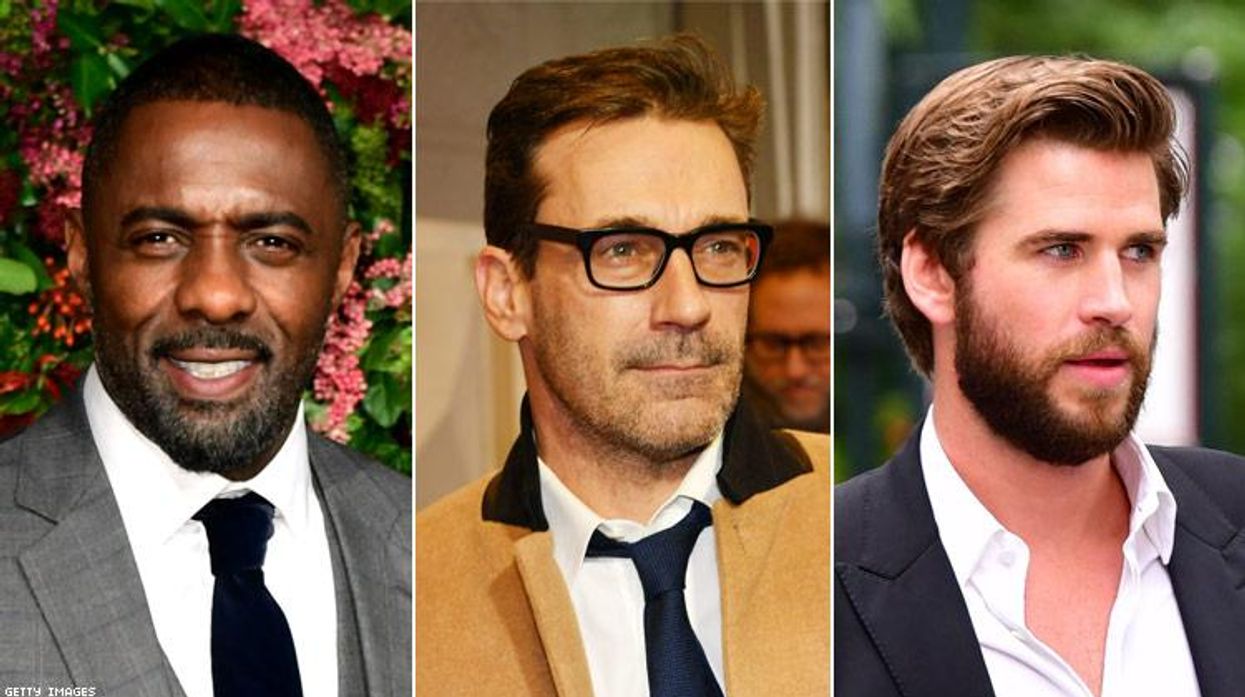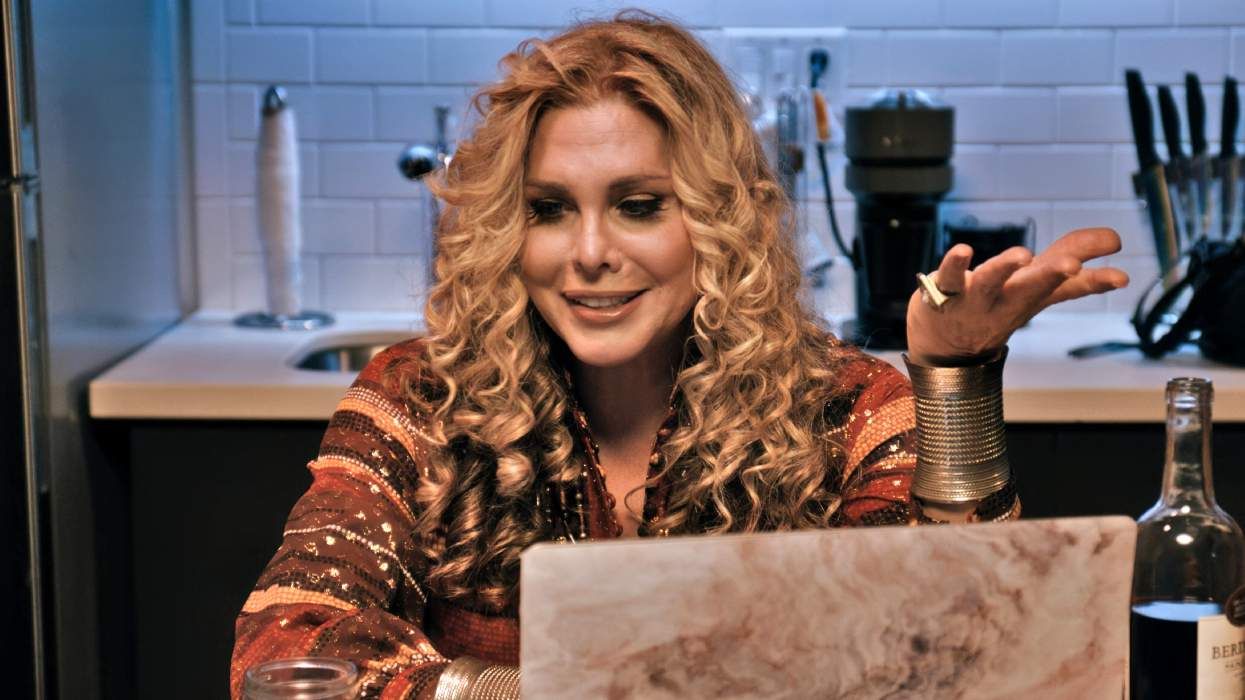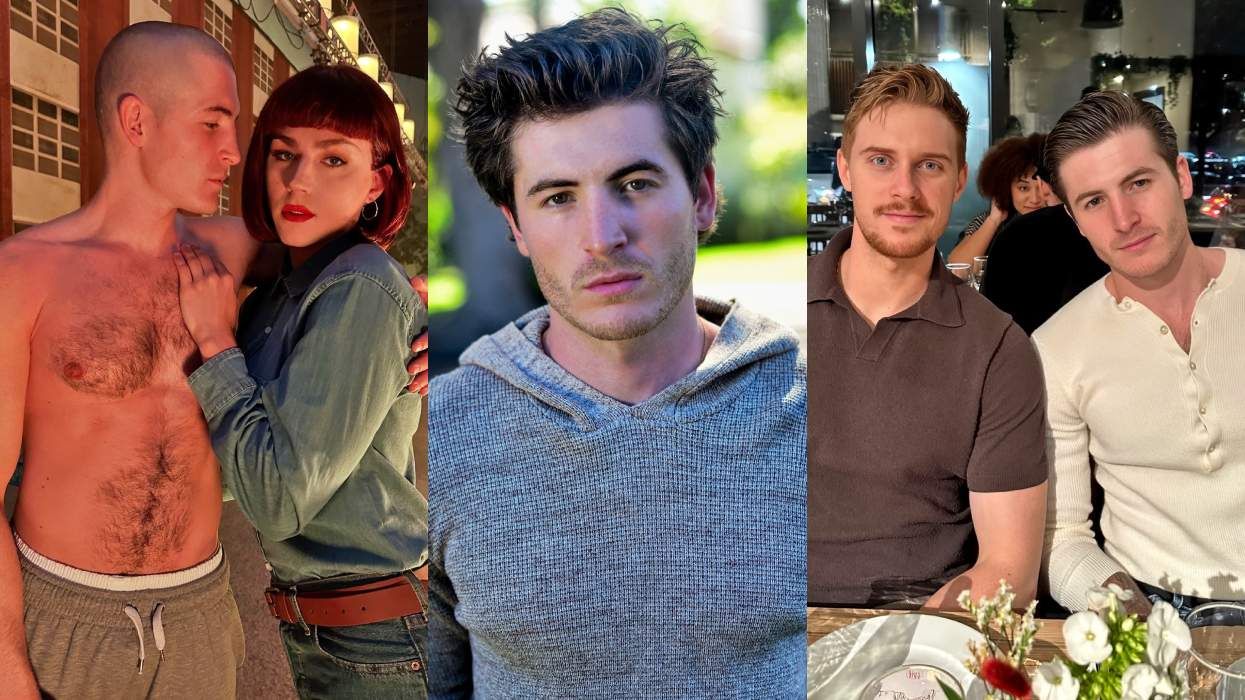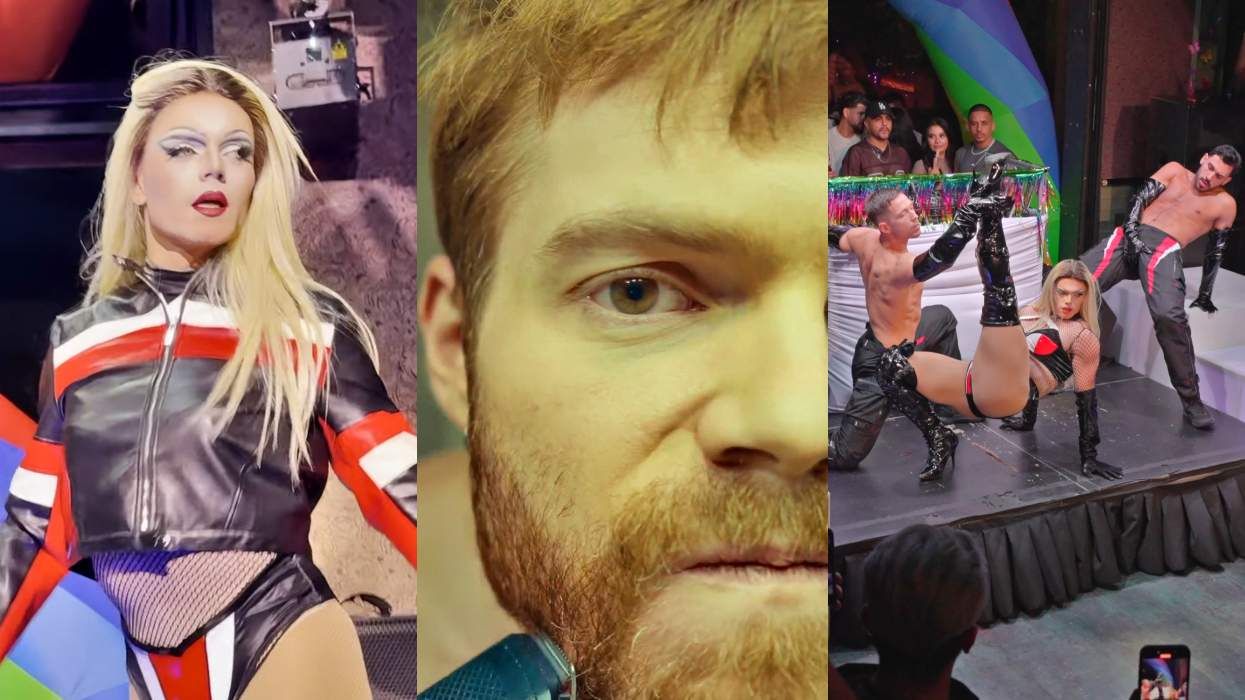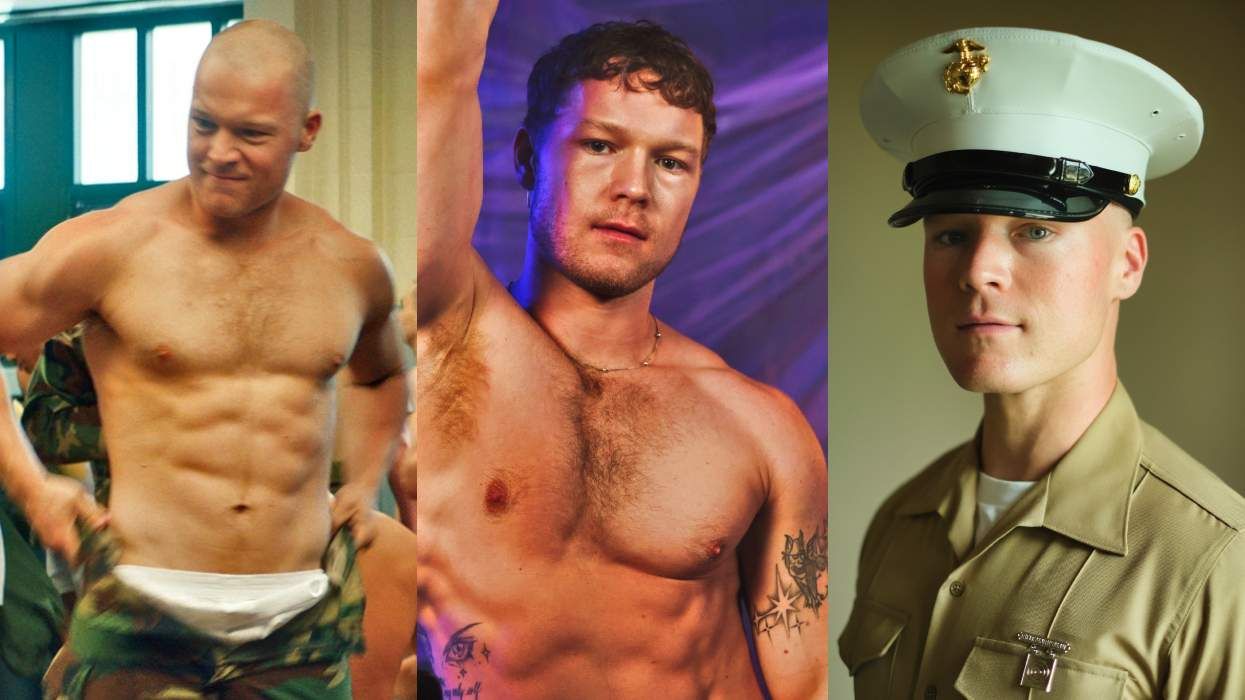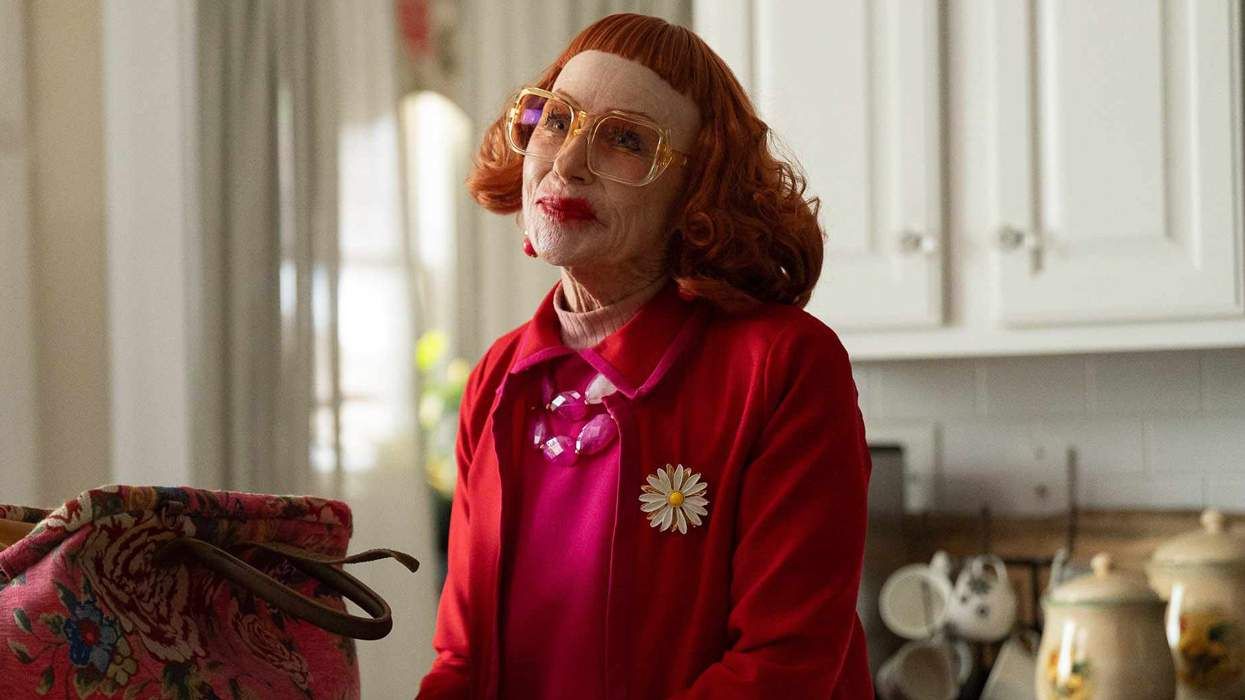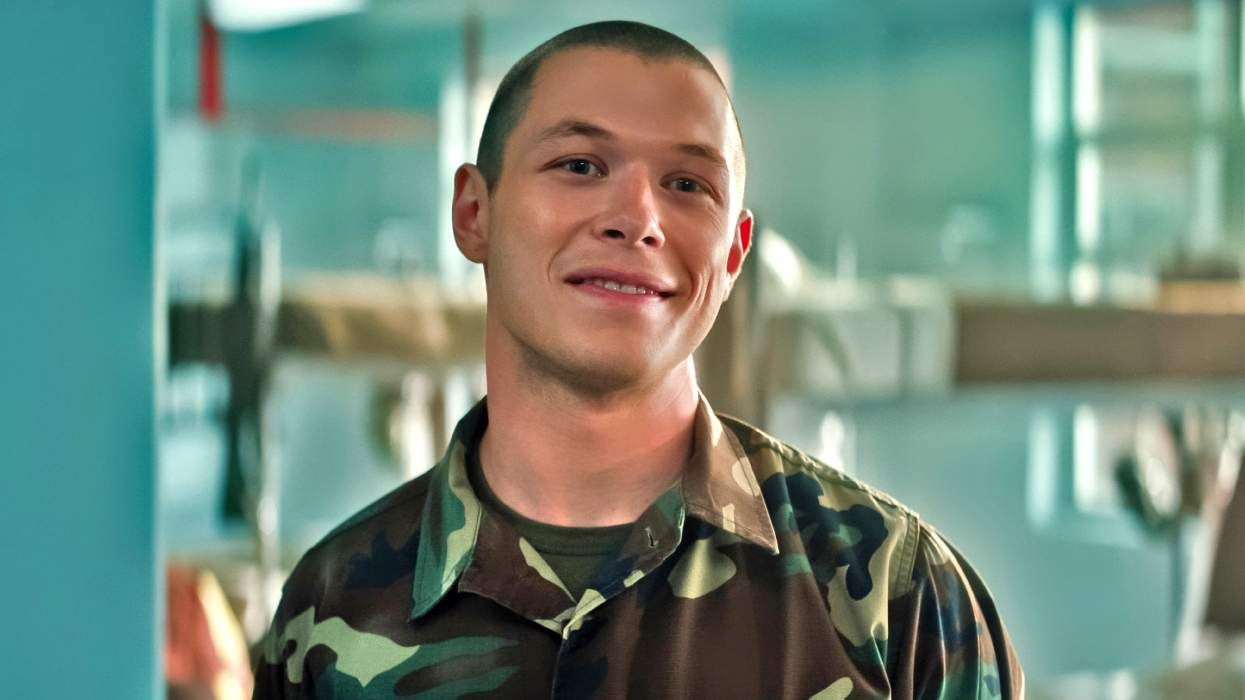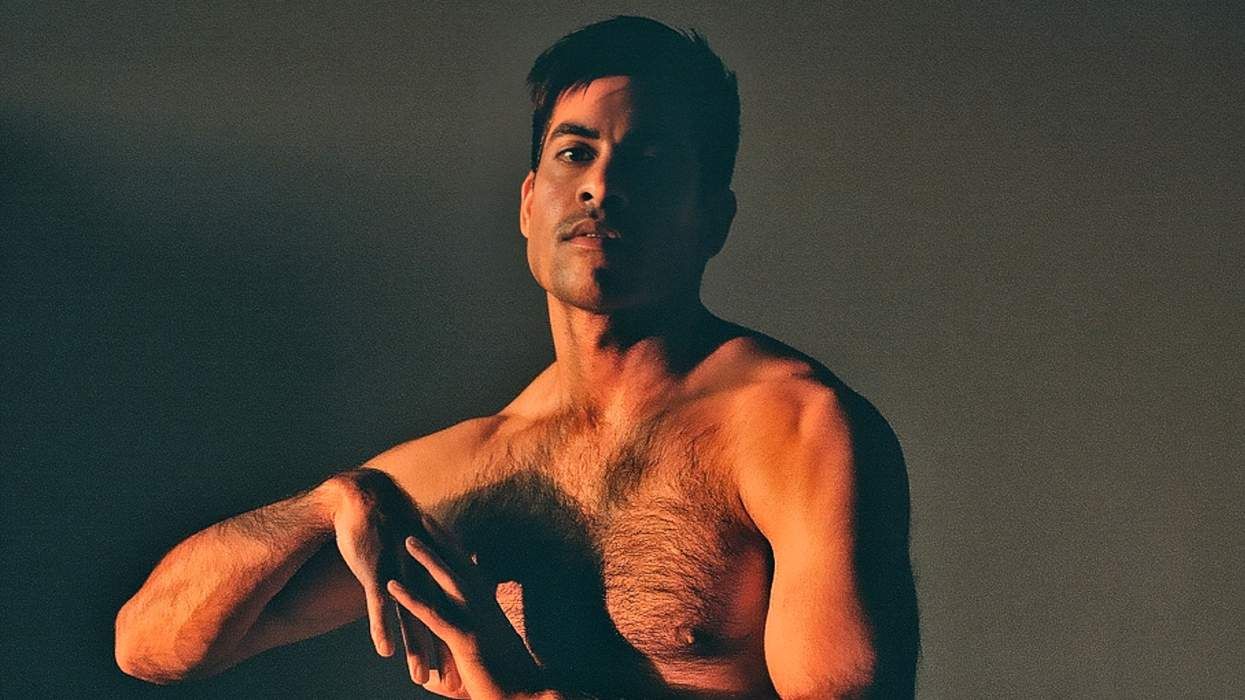Jonathan Fast knows what it's like to be bullied. As a chubby 8-year-old in summer camp, he was tormented by an athletic boy who broke his arm. Even his father, Spartacus author Howard Fast, was bullied by the House Committee on Un-American Activities for being communist in the 1950s.
In his powerful new book, Beyond Bullying: Breaking the Cycle of Shame, Bullying, and Violence, 67-year-old Dr. Fast takes an unhurried look at the shame underlying violence towards LGBT and straight folks alike. "With this book, I hope readers will be better equipped to deal with bullying of every sort," he explains, while speaking at his Yeshiva University office. "With time, we'll be moved, if only by a single degree, closer toward a place where all people are equally valued and respected." Fast spoke about the danger of "gay-neutral" school policies, fighting back, and whether or not there's a "cure" for bullying.
Out: Did being harassed as a kid inspire this topic?
Jonathan Fast: In my last book, Ceremonial Violence, about school shootings, a detail was missing about the Columbine killers and other perpetrators. At a conference I heard a talk about shame, and had an epiphany: I realized these vicious guys were carrying huge amounts of that primal emotion. Most likely they were disappointing their parents, not gainfully employed, having trouble socially. Why turn to school shooting? Because they couldn't express their shame if they wanted to appear mature, powerful, and successful. It's taboo even to talk about this feeling because it's associated with little children, weakness, and failure. Ultimately it comes out of their guns.
Gays have been bullied for decades. But during Stonewall, they fought back. Is rioting a useful reaction to feeling oppressed?
It's a common form of shame management when the feeling is intense, shared by a lot of people, and there seems to be no other peaceful means of managing it. Rioters are usually unaware of their motivations beyond a general sense of rage and frustration. While neighborhoods may be damaged and community members hurt, the events draw attention to grave social problems. Stonewall created a milestone for the gay rights movement and empowered a subculture.
How have LGBT individuals dealt with society's violence toward them?
Some choose to use their fists, which yields mixed results. Jamie Nabozny invoked the law. In 1988, after coming out in his Wisconsin middle school, he was repeatedly tortured by classmates. The problem persisted into high school. He sued both principals, staff members, and the school district for neglecting to protect him. Lambda Legal came on board, pushing the case into the headlines. A partner at the white shoe law firm Skadden Arps offered his services pro bono. The jury found the school administrators liable for failing to stop antigay violence against Nabozny, who won a 1 million dollar settlement.
In Minnesota, two young women responded with social action. A romantic couple in high school, they'd heard about a series of local gay teenagers killing themselves and wanted to bring visibility to non-traditional gender roles. They got elected to a 12-member Royal Court, and were set to walk in a public ceremony. But days before the procession, a teacher told them their plan was unacceptable because they were two women. They contacted the National Center for Lesbian Rights and the Southern Poverty Law Center and battled against the school leadership. Ultimately they won the right to proceed on the red carpet, to wild cheers and applause.
Regarding that group of suicides, you point to education policies as potential culprits. One high school had written a mandate for faculty and staff to show respect for all students, and to remain neutral on matters regarding sexual orientation. It led to a spate of teen suicides over two years. What went wrong?
A lot. The 2009 recession hit that suburb hard. Residents bought big houses and got caught with giant mortgages. Middle class folks became homeless, living in their cars. Kids were told not to speak about their depression and lack of cash. So they couldn't manage their shame. To begin with, adolescents aren't working with a full biological deck. The frontal lobe--the part of the brain that analyzes consequences--doesn't mature until age 25. Influenced by their peers, teens often make poor choices.
Add to that mix a poorly worded edict that bans any reference to homosexuality, spearheaded by conservative parents. It silenced the few gay teachers who'd acted as a support network for kids coming out. Trying to be neutral, one school psychologist took down the picture of her partner on her desk. Youngsters stopped hearing "it gets better." All these things contributed to hidden shame, which you tend to turn inward, resulting in acts like cutting, and in this case, a cluster of suicides.
The 'don't ask, don't tell' policy in the U.S. military has been repealed. Marriage equality is the rule of law. But in one study, 95% of gay adolescents reported feeling separated and emotionally isolated from peers because of their sexual orientation. Around 50% of gay adolescents have experienced physical violence by family members. Research has shown that LGBT teens attempt suicide four times more frequently than their heterosexual peers. When will this trend reverse?
It'll take another generation to change. I grew up in a homophobic home and my father was an intellectual. He'd say a great writer would never be gay, because they couldn't relate to the basic human experience. Which was absurd. But when you're a little kid and your father is a celebrated author, you tend to believe him.
In 1963 the New York Times published an article "Growth of Overt Homosexuality in City Provokes Wide Concern." Its title reflected the opinion of the Times and the times. I see it getting better with my grown kids.
We all carry shame at times. What are healthy ways to deal with it?
Write about it. Express yourself through art. The film The Gift is a good example. It's about a teenage bully who grows up and doesn't understand why in high school his target complained about getting beat up. After all, the bully had been abused by his own dad, but believed he'd sucked it up. Of course, instead of sucking it up, the roughneck had displaced his pain and trounced his victim.
Other ways to deal include going to confession, if you're Catholic. Volunteering. Doing a good deed. The "It Gets Better" campaign is a great example.
Is there a cure for bullying?
No. We have endless examples of maltreatment of people in politics--think Donald Trump--and in media, like certain newscasters. We live in a bullying society. We have the highest homicide and incarceration rate, and the worst income division, which is a big shame factor. Believing that society is a meritocracy can be humiliating to a lot of people. They imagine success yields happiness. But if prosperity is unattainable, people take that personally. They feel ashamed, and unhappy. Sometimes the shame is turned outward, which is how we get bullies.


